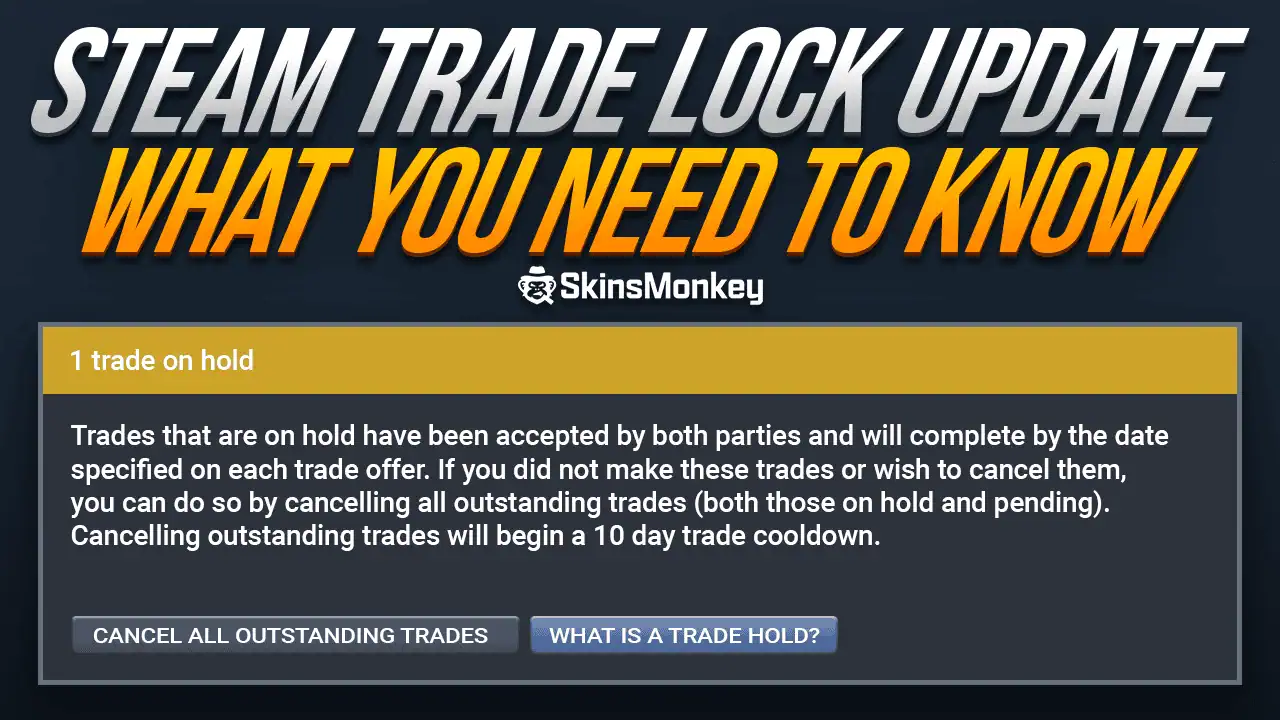CCCam HD Insights
Stay updated with the latest in streaming and tech.
Skin Trade Cancellation CS2: What Gamers Are Really Thinking
Uncover the shocking truths behind Skin Trade Cancellation in CS2. Dive into gamers' thoughts and reactions in this must-read analysis!
What Caused the Skin Trade Cancellation in CS2: A Deep Dive for Gamers
The cancellation of the skin trade feature in Counter-Strike 2 (CS2) has left many players wondering what exactly led to this significant decision. Initially, the skin trade allowed players to buy, sell, and trade virtual items, enabling a thriving marketplace that was an integral part of the gaming experience. However, the developers at Valve faced growing concerns regarding the potential for fraud and the use of third-party websites for trading, which often led to scamming players. This prompted a major reevaluation of how skins could be handled within the game's economy.
Moreover, the shift towards a more secure and engaging environment for gamers played a crucial role in the cancellation. By removing the skin trade, Valve aims to streamline the player experience and reduce the complexity that comes with trading, which can often deter new players. This decision is not entirely unprecedented, as other games have also moved towards similar policies to combat fraudulent activities. Hence, while the removal of the skin trade may disappoint dedicated players, it ultimately seeks to create a safer and more enjoyable gaming atmosphere for all.

Counter-Strike, a popular first-person shooter franchise, has captivated millions of players worldwide. The game emphasizes teamwork, strategy, and skill, allowing players to engage in thrilling matches. For those looking to enhance their trading experience in the game, learning how to reverse trade cs2 can be quite beneficial.
Reactions from the Community: How Players Are Adjusting to the Skin Trade Cancellation
The recent cancellation of the skin trade has led to a wave of reactions from the gaming community, with players expressing a mix of disappointment and relief. Many gamers have taken to forums and social media platforms to share their thoughts. Some players initially viewed the skin trade as a way to enhance their gaming experience, allowing for personalization and a sense of ownership over their in-game assets. However, as discussions unfolded, a significant portion of the community acknowledged the potential for unfair advantages and economic exploitation that the skin trade could foster. This duality of sentiment reflects a growing awareness of the ethical implications associated with in-game purchases and trades.
In response to the skin trade cancellation, players are now exploring alternative ways to interact within the game. Many are turning to creative outlets such as fan art and content creation to express their love for the game and its characters. Additionally, some players have initiated community events to celebrate the game’s remaining features, fostering a sense of camaraderie amidst this change. While the cancellation has undoubtedly disrupted the status quo, it has also opened up new avenues for community engagement and collaboration, suggesting that players are adjusting to the news with resilience and creativity.
What’s Next for CS2: Future Updates and Alternatives After the Skin Trade Halt
As the gaming community eagerly awaits the next chapter for Counter-Strike 2 (CS2), industry experts are analyzing the implications of recent changes, particularly the halt of the skin trade. This move has prompted players to question what updates are next on the horizon. Valve is known for its commitment to keeping the game fresh, so we can expect regular updates that might include enhanced gameplay mechanics, new maps, and possibly even limited-time events. Developers could also rethink the in-game economy by introducing alternative monetization methods, allowing players to enjoy the game without a reliance on the resale of skins.
In addition to forthcoming updates for CS2, players are exploring several alternatives that may complement or even rival the beloved franchise. Titles such as Valorant and Battlefield 2042 are gaining traction, particularly among those disillusioned by the recent trade changes. These games offer unique mechanics and dynamic gameplay, providing players with fresh experiences. Furthermore, as the competitive gaming landscape evolves, we can anticipate new entrants in the FPS genre that could reshape the market and potentially attract former CS2 enthusiasts looking for their next adventure.